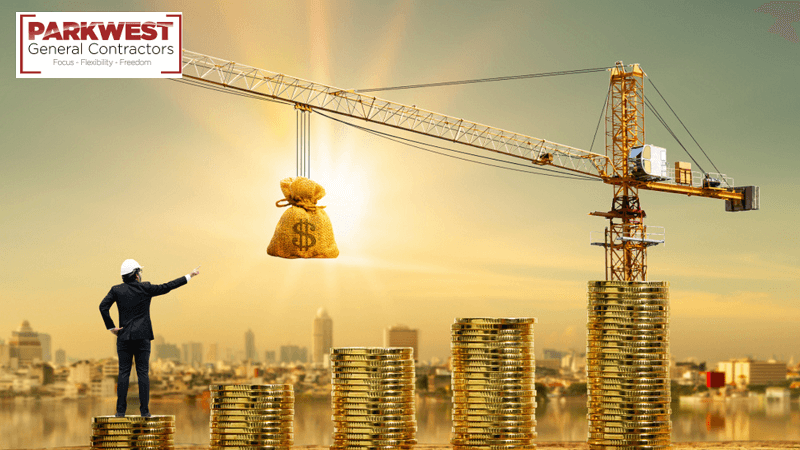



Value engineering (VE) in construction is an analytical specification of the most efficient way to fulfill project goals. VE should always incorporate cost estimates to facilitate an independent audit of the entire construction project. By reviewing a project within a value engineering workshop, it's possible to deliver the best project outcomes in the most cost-effective way possible.
As the investor or project owner, you shouldn't view value engineering as just a cost-cutting measure. Instead, approach it as a deliberate, clear, and detailed set of strict procedures developed to optimize the initial and long-term value of your investment. A multi-disciplinary team with extensive experience will collectively investigate all aspects of the project to derive maximum value and economic benefit.
VE has multiple potential applications throughout the project. Construction teams should implement it with these two primary objectives:
However, value engineering provides the best value possible when adopted pre-construction. It shouldn't be a last-resort fallback for a team coming up short of the project's original goals, design, resources, scope, or budget.
MORE: WHAT IS THE IMPORTANCE OF VALUE ENGINEERING IN CONSTRUCTION?
A three-stage value engineering methodology is necessary to generate maximum value for the initial and long-term investment. The key stages are:
Incorporating VE in the planning and analysis phase of a construction project allows for the early identification of potential bottlenecks and improvement areas. By involving a multidisciplinary team at this point, each party can voice their concerns and contribute strategic ideas. This would allow optimization of key project components including materials, timelines, and resources. Without interrupting the schedule, teams can reduce project time and costs and make feasible changes to achieve project goals in the most effective way possible.
Schematic design is generally the next stage to apply value engineering after planning (it's a regulatory requirement in most states). This stage allows the project's designers and the client to review the suggested schematics together. They'll scrutinize the design with respect to project objectives, budget estimates, and the schedule. At this phase, VE enables the team to align the design with optimizing value for the construction project.
The construction team should have a value engineering workshop during the third phase. Here are the 6 main steps for the multidisciplinary workshop:
Value engineering is key to ensuring that your construction project succeeds. It can help identify potential barriers and stressors, while bringing in new designs and materials to the project, limiting risks, and lowering the cost of completion. At Parkwest General Contractors, we can make VE integral to your independent review process to ensure better outcomes for your construction project. Contact Nikki Fox at ParkWest General Contractors at nikki@parkwestgc.com today to get started!